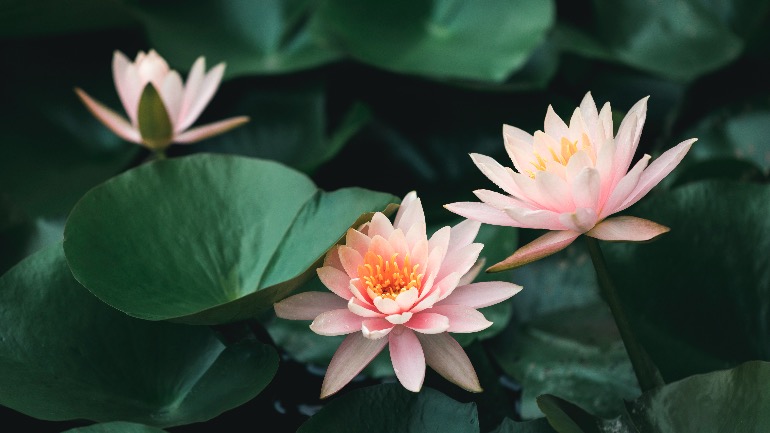However, lacking the right view, theirs are not considered true renunciation. What then is the right view? It is a conviction of suffering being the nature of samsara to such a degree that one no longer harbors any desire for samsara and wholeheartedly seeks liberation from it. At the same time, one must also cultivate the transcendent wisdom that is implicit in the ultimate liberation.
- Quote from The Right View, "The Three Differences"











